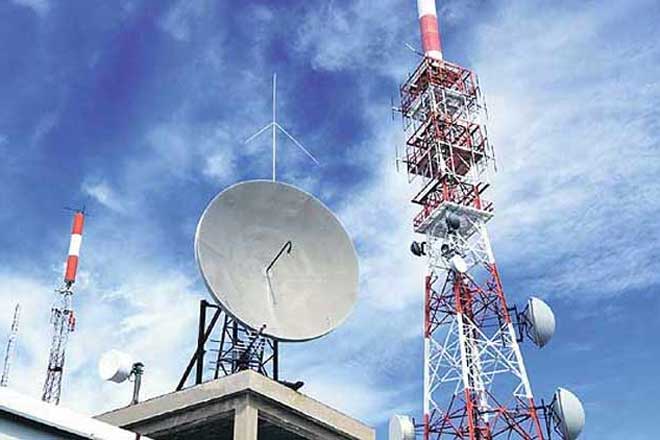Pakistan Telecommunication Authority (PTA) has responded to the joint letter sent by the three CMOs; Ufone, Telenor & Jazz. The telco regulator, in the response, has asked for explanation regarding the difficulties that are likely to prevent CMO’s from achieving the rollout plan.
Last week, The three CMO’s wrote a joint letter to the PTA raising concerns about financial feasibility of operations due to degrading economic conditions and policy measures including the imposition of 100% cash margins (Read more: Will Cash Margins curtail imports at the cost of digitisation?) and prolonged power cuts. The letter stated, “In the absence of immediate reversal of adverse directives and elimination of electricity load shedding, the telecom operators would unfortunately be constrained to notify the Force Majeure situation under special circumstances.”
As per the PTA’s regulation, ‘Service provider shall not be liable for any failure of performance hereunder due to causes beyond its reasonable control (‘‘Force Majeure’’) including without limitation, acts of God, fire, explosion, vandalism, cable cut, storm or other catastrophes, national emergency, insurrections, riots, wars or strikes, lockouts, work stoppages or other labour disputes, or any law, order, regulation, direction, action or request of any government or authority or instrumentality thereof. Service provider’s obligation to perform shall be suspended for the duration of period of Force Majeure and shall resume as soon as reasonably possible, upon the cessation of the event of force majeure.”
However, in its response, the PTA has rejected financial constraints as a reason to enforce Force Majeure, but at the same time acknowledged the need for tariff revision on a case to case basis.
As per sources in the telecom industry, the letter was sent to highlight the weak financial condition of the sector. “When we started off as an industry the Average Revenue per User (ARPU) was $9 now it has reduced to only $1.” They added.
Those working in the sector are concerned about the operational losses incurred due to the surge in fuel prices, “There are around 40,000 towers in the country, majority of them are facing extended periods of load shedding and to keep them operational 24/7 would require a substantial amount of fuel to run the generators. This situation has brought us to a place where operating the sites on generators is actually loss making.” A source added.
The telecom sector is likely to respond to the regulator’s demand next week through a joint communication.
The regulator has the prerogative to take actions against telecom operators if they fail to meet their Quality of Service obligations. Recently, the Telecom regulator in Bangladesh has suspended the issuance of new sims by Grameenphone, a subsidiary of Telenor international and the largest Telecom operator in the country, on failing to meet quality of service requirement even after multiple warnings.




